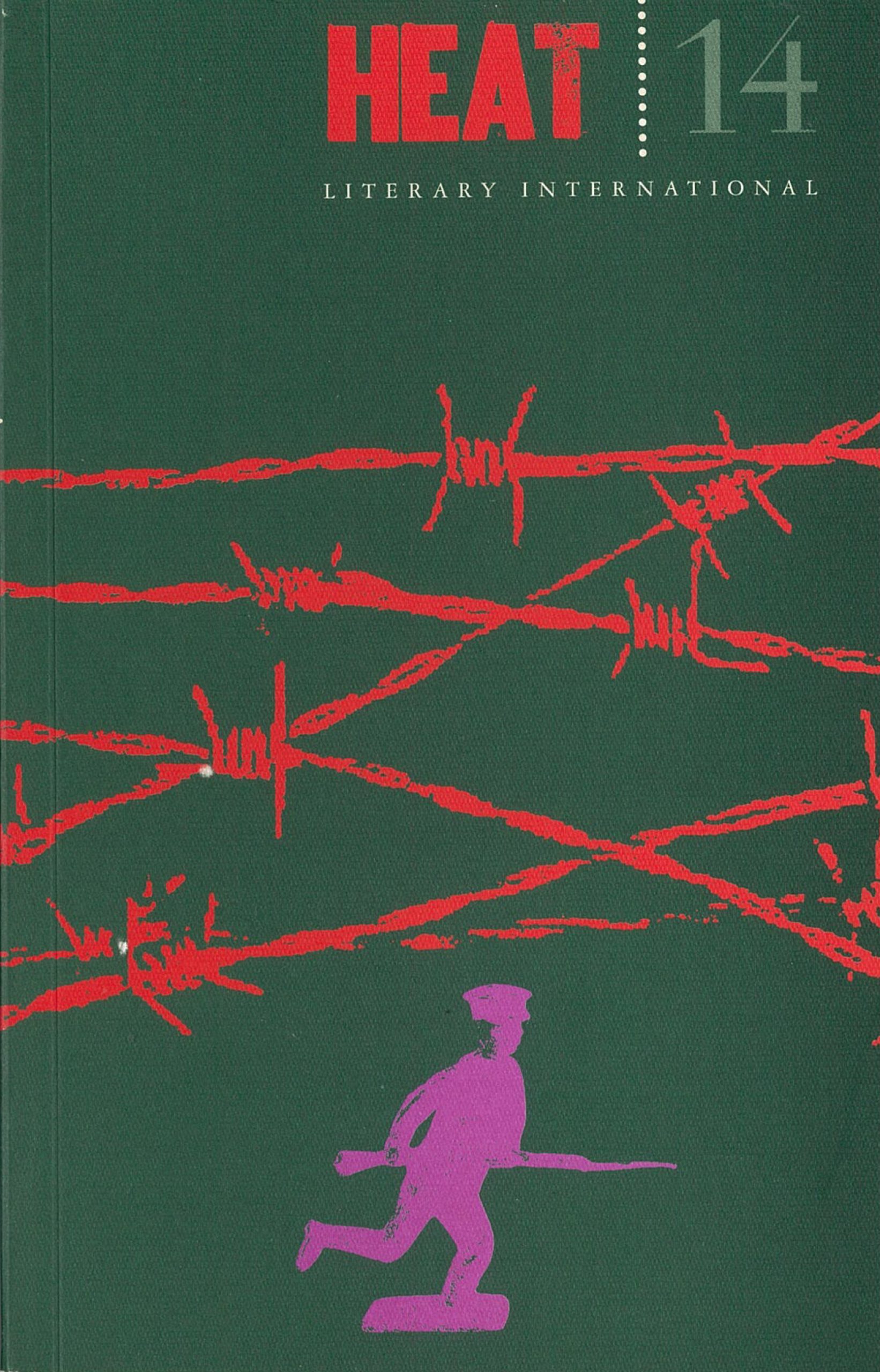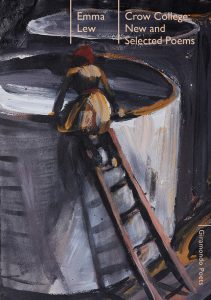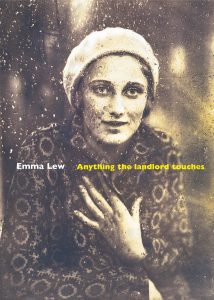Published January 2000
Become a subscriber
Three Poems
Snow Gold
So, on the heels of the army, our troupe moved. I gave birth in the street and night nailed the great city to the earth. I saw the plague stalking like a stranger whose language I could not understand. My sores were dressed, my handkerchiefs hemmed.
It is one thing to listen to the heart and its murmurs. A strange woman came to see me, saying that she was my lover’s wife. It was the twilight hour that is called the 'grey hour', when mourners become lost and follow the wrong coffin.
We walked a little way together and the talk burned like agate. I know they say that one should speak well of the dead or not speak at all. The winter came in one jump like the wolf. An eye grew sightless because there were frightening scenes I did not wish to see. I had talent for the noble virtues of blind faith even then. An agile acrobat threw his plank across the ditch. The wine now travelled from mouth to mouth. The sentry’s face clouded over, and he wept at the prompting of my fingers on the strings. So the young men paid their precious francs.
The wagons pulled out to the east like a sunburst. Of course I sang, like a log covered with ice. We lived unbuttoned through the black country, taking such great mouthfuls of bread, as though we were seagulls.
What was I besides the strength of my shadow? I climbed up on the trains and tossed down coal. The wind blew and merged with me, my childhood and my life, my passions and transgressions. Even if they weren’t gold, the trinkets glittered. I often wonder how unpenitent people could live under a sky. It was that kind of Tatyana I had come to be. Let my father say as many harsh and stupid things as he likes, but the skin of my hands was like fine snow.
My Illusion of the Tycoon
1 Genitals once appeared in a letter he sent me, and grey wool so that I might be seen in company with him. He was elaborately courteous, and stood alone like music. Even desire includes a kind of mourning.
2 I struggled with my other lens, sometimes aiming at the camera behind the eye. The nakedness is always his. Each pointless ornament is loved. He saw my pictures, he walked at night, up the paved street, into the arms of barren elms.
3 Long emulsions and tiny aperture. The dressing-for-dinner, the exact stallions. Warm enough for the modernist deckchairs, and guests were seen moving among the statues, where he had dreamed. It was jazz, but very languid jazz, although he himself danced with some abandon.
4 A shot I took, probably in October. Man yearning over marble, and gradual alcohol. The ferry and its schedule; the dog, huddling. Sun on a straw hat next to the stair. That day the youngish woman in the market. The sea, rumpled by a wind and slow need.
5 The gesture, the expression, and of course the magnificent devastation—these are images of surrender we do not know. He had admitted me into his room, closing the moment when light elopes. Dangerousness of the man, it is quite beautiful.
6 Screens, mirrors, artifice—I assemble him. What haunts is the absence the eye collects. The photograph accepts the dark truth. His puzzling home, his imperfectly knotted tie, and Chinese rain today at last.
Jasmine
Breaking off a thread newly woven, she falls silent. Her fear: that the dead will jump up to settle accounts. Little showers? Hail? She understands this completely. So many thieves wandering in the house. 'The black wind. Do you hear?' ask the ghosts. Her family is quicksand in such rooms. All day she has felt uneasy about the letter in her pocket. Shame on her, in the setting sun. See? She is lost. She's left the hours in the house and now she tastes nothing. The moon happily displays its scars. The only path has been blocked— who can forget that? And someone is making trouble by the well.



